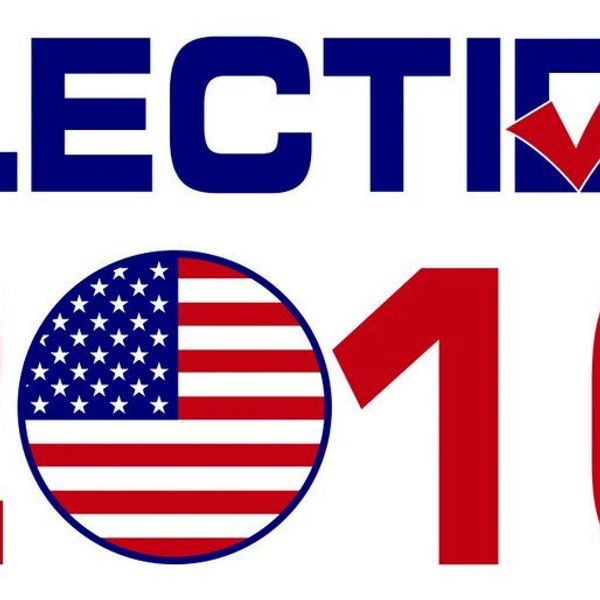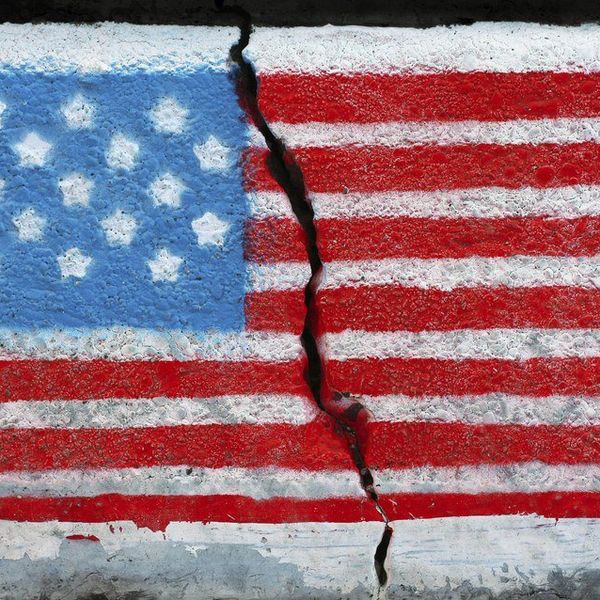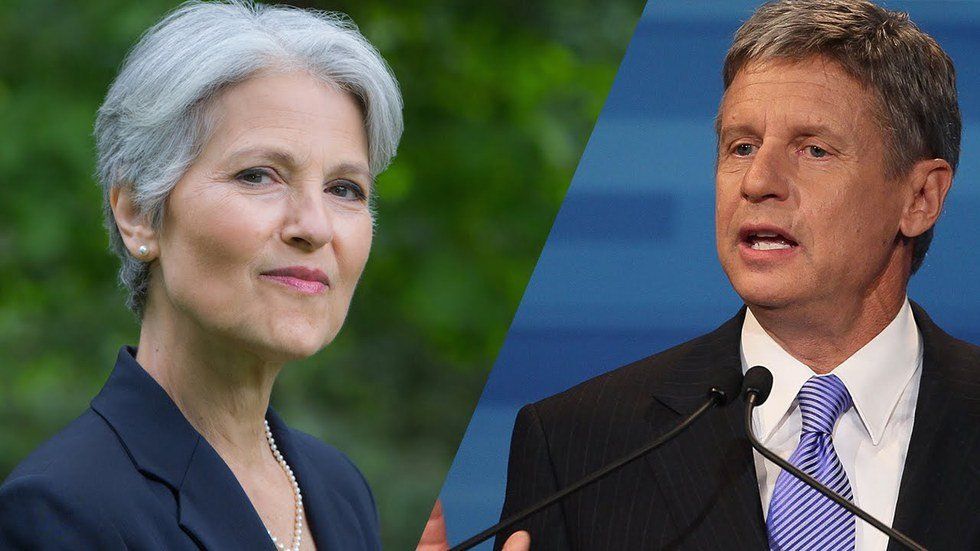Since Donald Trump was nominated as the Republican nominee, the phrase "don't throw your vote away" has been used with increased frequency among celebrities, politicians, and even our own president. If this was a normal election, no one would really bat an eye about who you voted for, but this isn't a normal election is it? So why are people discouraging voters from voting for a third party? Do they really have a low chance of winning a presidential election?
Actually, they do.
It all starts with ballot access laws. Each U.S state has its own ballot access laws that determine who may appear on the ballots. The primary argument for these laws is the assumption that setting ballot access criteria too low would result in numerous candidates on the ballots, leading to splitting the votes of similarly minded voters. Yet it works well for other countries like France, Brazil, and Spain to name a few. The ballot access laws vary from state to state, but what makes third parties fail to meet criteria is usually registration fees and/or petition requirements in which a certain number of voters must sign a petition to allow a third party or independent candidate gain ballot access. And you can thank Thomas Jefferson for giving that peculiar power to the states. Specifically the Elections Clause in Article I, Section 4, of the United States Constitution that gives the authority to regulate the time, place, and manner of federal elections to each state and making it easier to deny third parties.
The 1974 Federal Election Campaign Act (FECA) is another obstacle for third parties. The Act is supposed to regulate political campaign spending and fundraising by not only placing legal limits on contributions and expenditures but also forcing parties to fully disclose the names, addresses, and occupation of donors that contribute more than $200. And while that's great to keep corruption at a minimum, there are some unwanted side effects for Third parties. The Democratic and Republican National committees can raise and spend as much as they need to pay for legal and accounting expenses in complying with the act. Third parties, however, are only eligible to receive public funds after the November election and then only if they appear on the ballot in at least ten states and obtain at least five percent of the national popular vote.
And finally, lack of media coverage. As we all know, Media Coverage is an essential component of a successful campaign. It supplies legitimacy and generates recognition for voters that a presidential candidate might not get to meet. It also affects voter's perceptions by who will win instead of what the candidates are saying Why do you think Donald Trump is getting so much attention? With a number of articles produced about his fallacies, Clinton's negative ads about him, and memes about him, everyone in the entire world knows who he is and why he's running for president. There's a reason the saying "bad press is still good press" is a valid one and Trump is milking it. However, if you want to know more about a third-party candidate, the news media is suspiciously quiet. It's not a surprise that the news is run by ratings, and if they think third party candidates aren't interesting enough to attract viewers then they definitely don't waste their time on them.
But let's say that a third party candidate manages to surpass all of that and becomes president, they will still have a hard time in congress. From July 1, 2016, The House of Representative holds 248 Republicans and 192 Democrats with one vacancy, while the Senate holds 54 Republicans, 44 Democrats, and two independents who side with the Democrats. That means that the potential third-party-president won't find any support in congress or at least will have a very difficult time trying to gain support from them. Party status is really important in congress because not only does the majority decide which issues will be taken up, but also how they can be debated, whether amendments will be allowed, and how the matter will be handled on the House floor. It's gaining the House or Senate leadership, committee chairmanships, and the opportunity to set and to advance a party's agenda.
It's not that getting a third-party president is impossible. Bernie Sanders, Ralph Nader, Ross Perot were all incredibly close. It's just very clear that things need to change. Hopefully, this election will change things for the future.





















